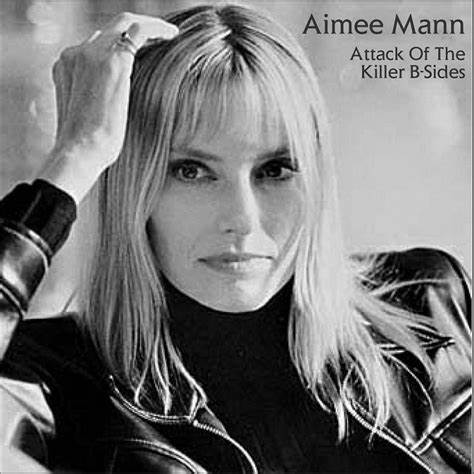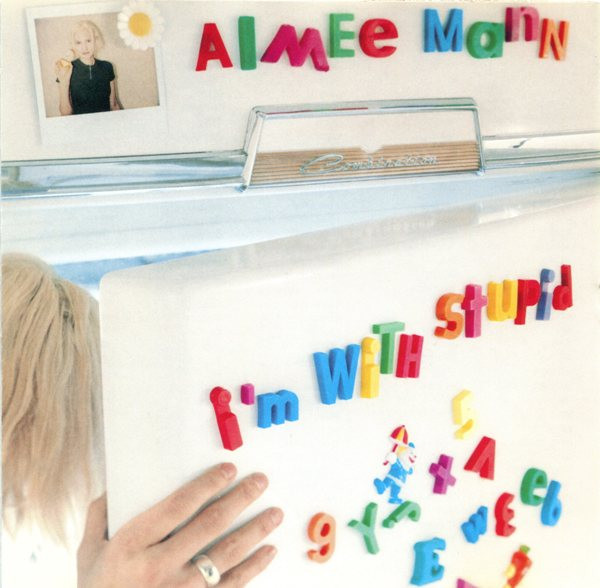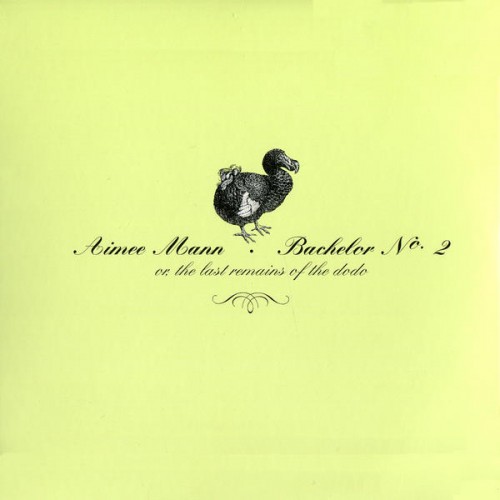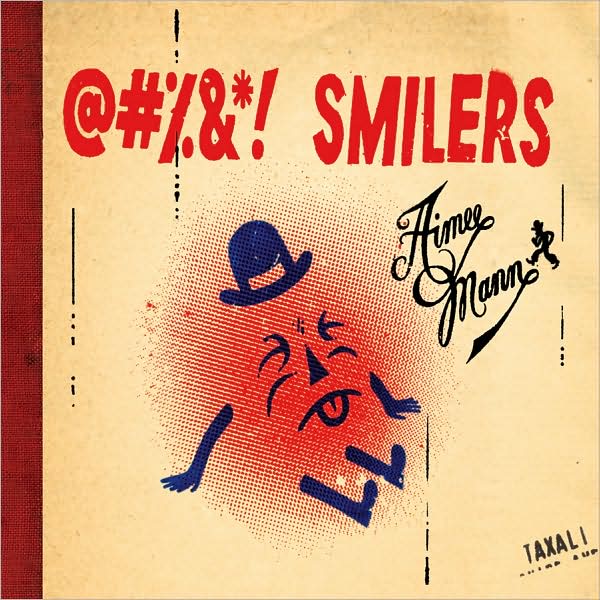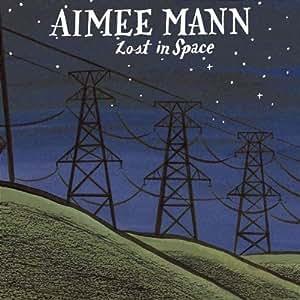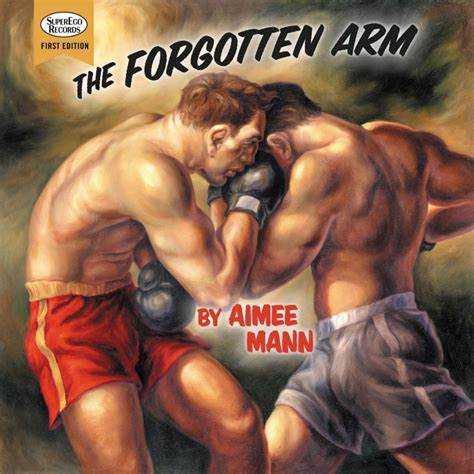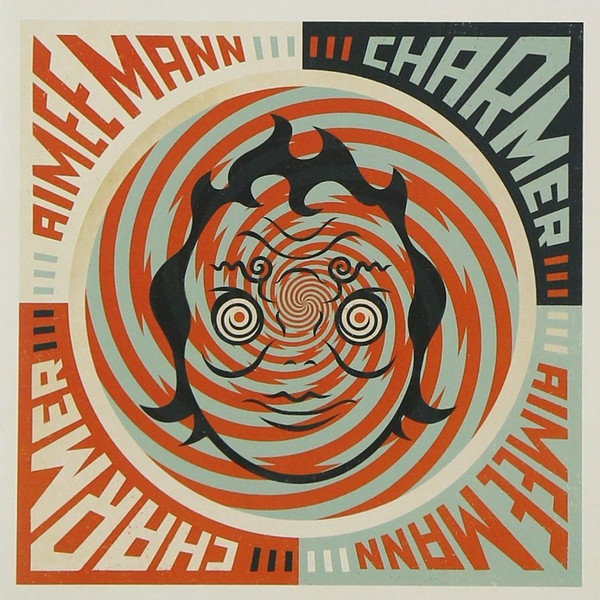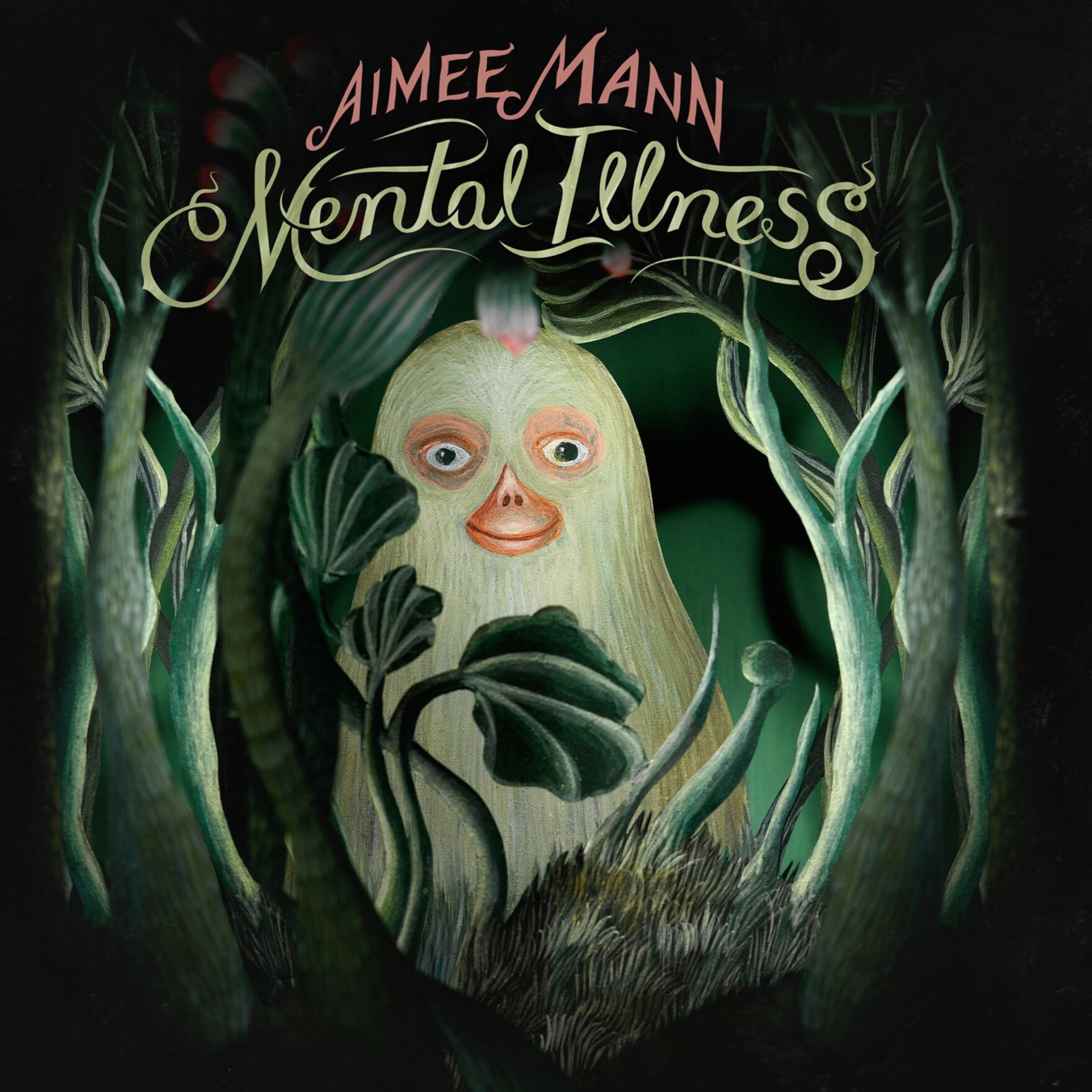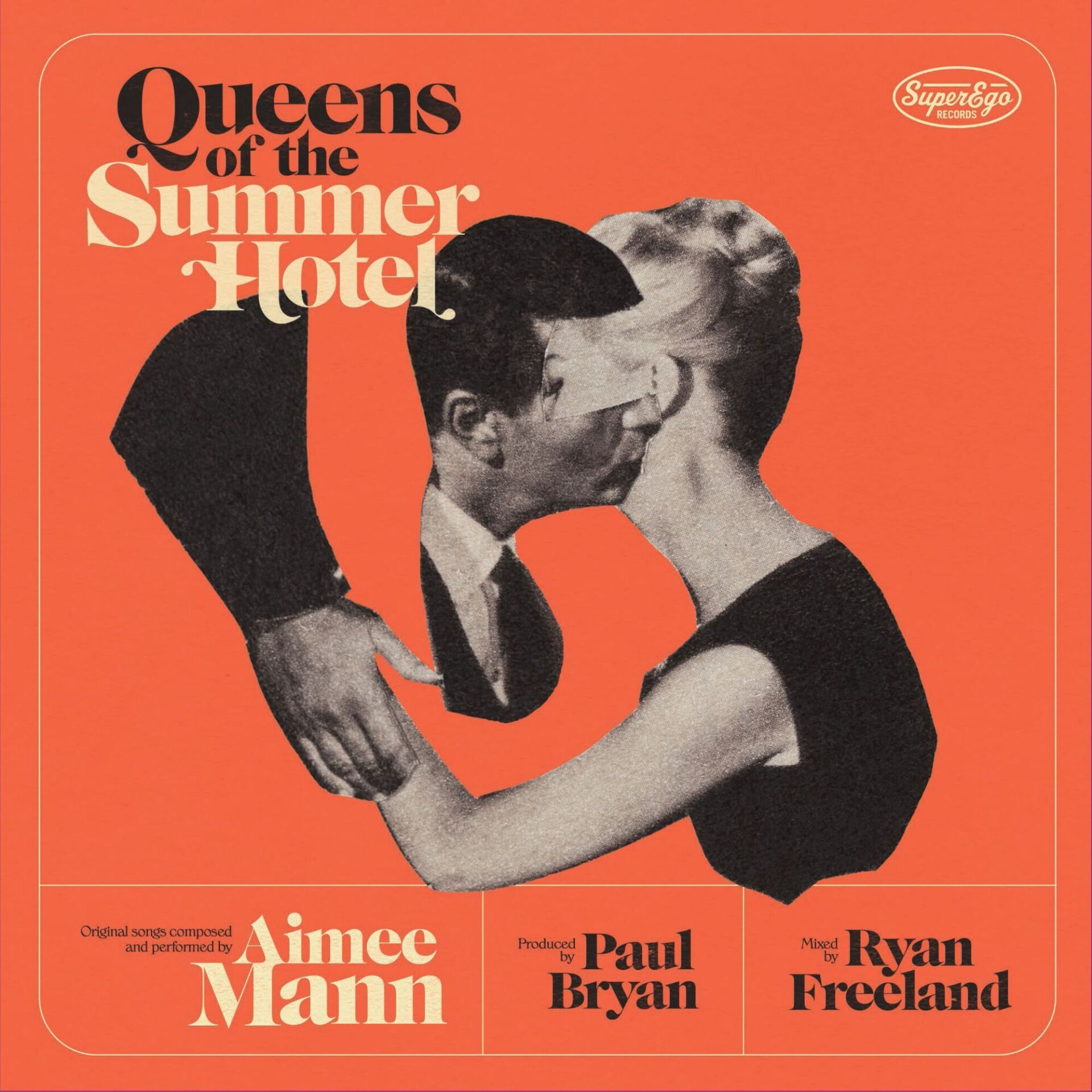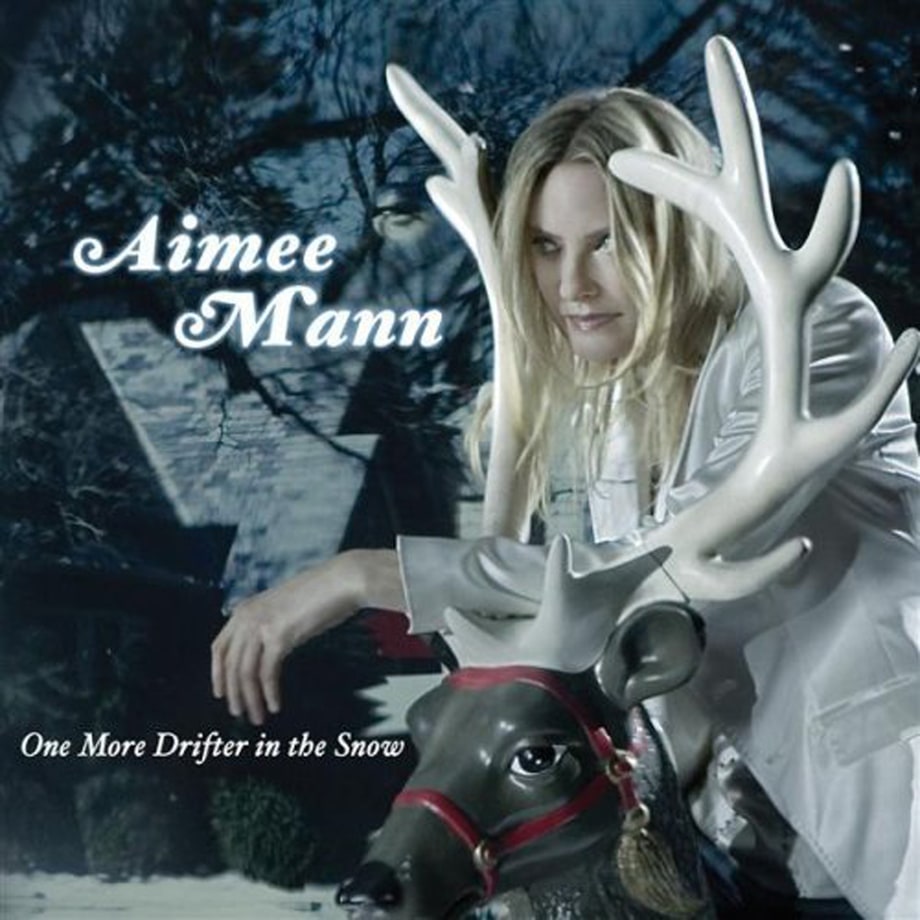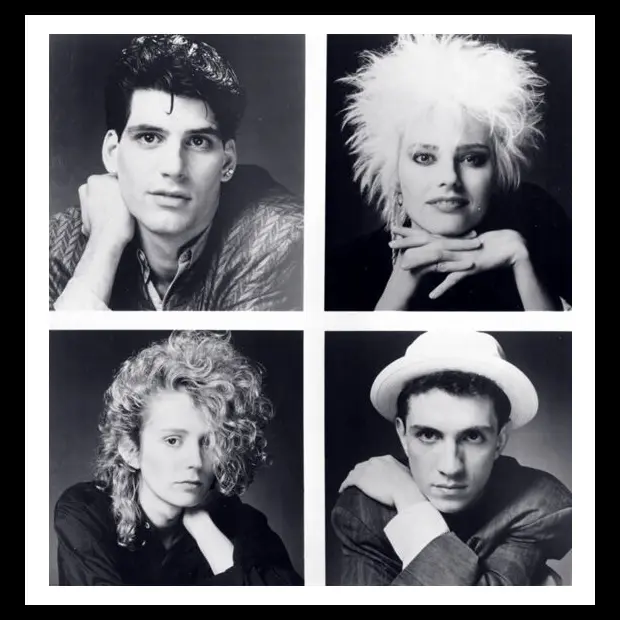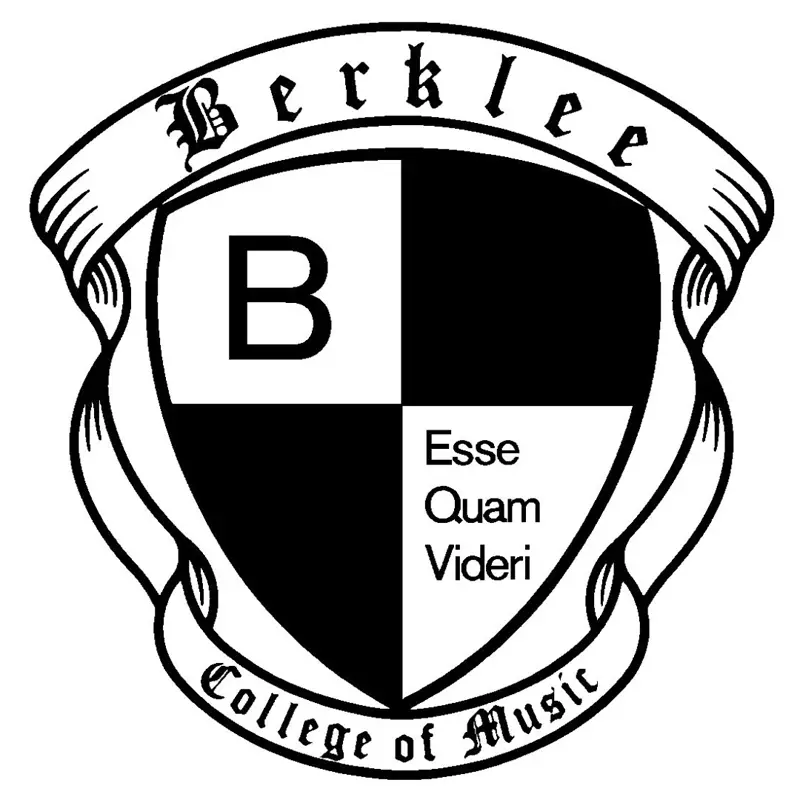Aimee Mann
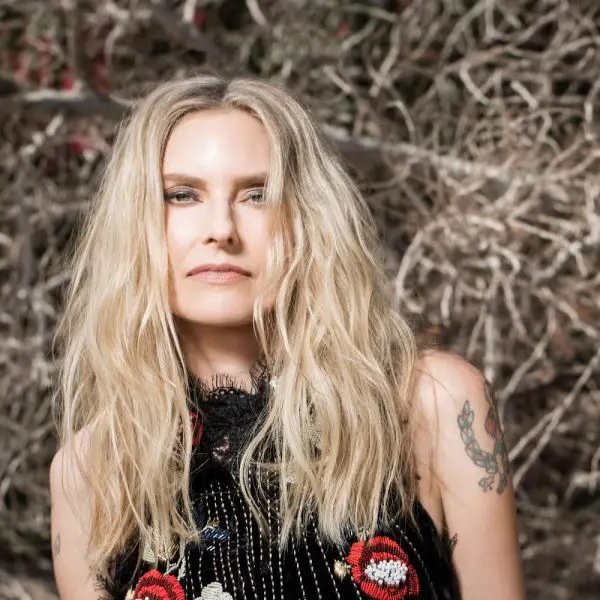
For those of a certain age, Aimee Mann will always be remembered as ‘Til Tuesday’s vocalist-bassist-songwriter, when her spikey, rat-tailed peroxide do, steady stare and art-school air became defining elements of the ‘80s. As all those who surfed that decade’s new wave will attest, she was the introspective foil to material girls like Madonna and girls who just wanted to have fun like Cyndi Lauper.
But the intelligence of Mann’s songwriting made her far more than a record-company promo tool at that time and she’s done a helluva lot in the 35 years since ‘Til Tuesday split, such as recording 11 solo albums and founding her own label. While her face pops up on karaoke screens from Tokyo, Toledo and Tijuana to Taipei, Toronto and Tripoli whenever someone takes a drunken stab at “Voices Carry,” her artistic river as a sixtysomething runs far deeper than it did when she was a twentysomething gracing rock-‘zine covers from Boston to Brisbane.
Overview
Mann is widely known for the emotional scope of her lyrics, once praised by Joni Mitchell and often said to evoke the raw beauty of Patti Smith’s – sardonic, literate, shadowy – and her songwriting demonstrates a confidence that belies her oft-melancholic go-to themes. Rolling Stone magazine has called her one of her generation’s “premiere songwriters” and a Time columnist once wrote that she has “the same skill that great tunesmiths like Paul McCartney and Neil Young have: the knack for writing simple, beautiful, instantly engaging songs.”
Throughout her career, Mann has defied oh-so-20th-century gender-based compartmentalization and commodification, which may explain why she’s been in legal disputes with labels that didn’t quite know how to market her critically acclaimed – but largely hit-absent – material. Having survived such battles and escaped the labyrinth of sudden pop superstardom, she’s now as respected for her remarkable perseverance as for her obvious creative gifts.
Musical beginnings, The Young Snakes
Aimee Elizabeth Mann was born on September 8, 1960, and raised in Bon Air, Virginia, just outside Richmond. At age 12, she told he parents that she wanted to play bass but they insisted that the instrument was unladylike so she began teaching herself guitar instead. She didn’t start playing bass until her mid-teens and has cited David Bowie as her earliest musical influence. In 1978, the year she graduated from high school, Mann came to Boston for a summer program at Berklee College of Music and wound up enrolling as a voice major. She left in 1980, halfway through her sophomore year, and began taking bass lessons while working at Newbury Comics’ original location (on Newbury Street).
In 1982, Mann co-formed the trio The Young Snakes, a band she’s called “a little punk noise-art outfit.” The group recorded the song “Brains and Eggs” in 1981 and a five-song EP, Bark Along with The Young Snakes, released in 1983 on Ambiguous Records. In 2004, Lemon Recordings issued the 14-track The Young Snakes Featuring Aimee Mann. In 2020, she told the Los Angeles Times that she left the group in early 1983 because her bandmates didn’t want her to write love songs and/or tunes they considered overly melodic. That issue began resolving itself as soon as she met Pennsylvania-born Michael Hausman, then the drummer for The Dark, a quintet that made the finals at the 1981 WBCN Rock ‘n’ Roll Rumble.
‘Til Tuesday, Rock ‘n’ Roll Rumble
In early 1983, Mann, Hausman, New Jersey native Joey Pesce (keyboards, piano, vocals) and England-born, Boston-raised guitarist-vocalist Robert Holmes formed ‘Til Tuesday. By May, they’d appeared at popular venues including the Rathskellar and The Channel in Boston and Inn-Square Men’s Bar in Cambridge.
But the gigs that put them on the national map came in June that year at the seventh annual Rock ‘n’ Roll Rumble, where they took top prize by beating out 24 other bands including Salem 66, Lizzie Borden & the Axes, second-place finisher The Sex Execs and finalists The Del Fuegos. The Rumble victory was a major coup and their song “Love in a Vacuum” saw significant airplay across New England, including on WBCN and KISS 108.
Epic signing, Debut album, “Voices Carry”
In early 1985, ‘Til Tuesday signed with Epic and headed to RPM Studios in New York to record their 11-track debut album, Voices Carry, re-recording “Love in a Vacuum” to make it catchier than the original, laid-back rendition and wanting either that or “Looking Over My Shoulder” to be their first single. The LP’s executive producer, Epic A&R man Dick Wingate, strongly disagreed, however, saying “Voices Carry” was the best choice, but only if Mann switched the pronoun in the song from “she” to “he” since Epic thought any public perception of homosexual undertones would hurt sales. After producer Mike Thorne convinced Mann that the change didn’t negatively affect the impact of the track, she made the tweak.
Released in April 1985, the debut made it to #19 in the Billboard 200, #29 in Canada and #81 in Australia, with “Voices Carry” hitting #8 in the Billboard Hot 100; neither the album nor the single charted in the UK and the band never appeared live there or in Europe. The follow-up single, “Looking Over My Shoulder,” stalled at #61 in the Hot 100 and the third, “Love in a Vacuum” didn’t reach the Hot 100 at all, landing at a disappointing #88 in the Cash Box Top 100 Singles chart.
Regardless of the follow-up singles’ lukewarm chart performance, the video for “Voices Carry” was a smash, winning 1985’s MTV Video Music Award for Best New Artist. The video was filmed at the Strand Theatre in Dorchester, Davio’s Restaurant in Boston and on the city’s W Brookline Street.
Welcome Home, Lineup change
In the fall of 1986, Epic issued the band’s sophomore effort, Welcome Home, a dramatic departure from its predecessor in that Mann is credited as the sole writer of most of the songs and its overall sound is organically grounded in folk tradition, light years removed from synthed-up, slicked-out pop. The album peaked at #49 in the Billboard 200 while the singles “What About Love” and “Coming Up Close” hit #26 and #59 in the Hot 100 respectively. Pesce left the band shortly after the LP’s release, replaced by Texas-born Michael Montes, and guitarists Jon Brion and Clayton Scoble joined the group for live shows, including one in the summer of 1987 at Tanglewood.
Everything’s Different Now, Disbanding
In 1988, the band cut its third and final album, Everything’s Different Now, partially recorded at Blue Jay Recording Studio in Carlisle, Massachusetts, and Q Division Studios in Boston. Though the LP was a comparative commercial dud – #124 in the Billboard 200 with the single “(Believed You Were) Lucky” barely eking into the Hot 100 at #94 – most reviews were positive, if not glowing. Mann co-wrote one of the tracks, “The Other End (Of the Telescope),” with Elvis Costello, who appears as guest vocalist on the song.
The band splintered apart shortly after the supporting tour, but Mann performed under the ‘Til Tuesday name until 1993, using session musicians including Brion and Scoble while legal wrangling with Epic prevented her from recording solo work. Hausman became a talent agent and Mann was among the first artists under his managerial umbrella.
Whatever, I’m With Stupid, Bachelor No. 2
In the summer of 1993, Imago Records issued her first solo outing, the folk-twinged Whatever, produced by John Brion. The album spent seven weeks in the Billboard 200, peaking at #127. She moved to Los Angeles in 1994 and toured both solo and as part of the English group Squeeze before Imago released her second album, I’m with Stupid, in November 1995. Reviews were strong; sales were not.
Imago folded in 1996, selling Mann’s contract to Geffen Records. The label refused to release her next album, Bachelor No. 2 or, the last remains of the dodo, however, on the grounds that they saw no potential hit singles; Mann bought back the rights to the songs on the album, established her own label, SuperEgo, and issued it herself in 2000. It sold well for an independent release – some 270,000 copies – and drew broad critical acclaim.
Magnolia, Other soundtracks, Acting
In 1998, filmmaker Paul Thomas Anderson asked Mann to write some music for his upcoming movie Magnolia; she contributed eight songs, including the Oscar-nominated “Save Me.” Michael Penn, Mann’s husband since 1997 (and brother of actors Sean and Chris), had compiled the soundtracks for two other Anderson films, Hard Eight (1996) and Boogie Nights (1997), the latter of which included “Voices Carry.”
Since Magnolia’s release, Mann has contributed songs to a number of other films including Jerry Maguire (1996) and Enough (2002). She’s appeared in both movies and TV shows, including as a German-speaking nihilist in the Coen brothers’ classic The Big Lebowski (1998) and as herself in a 2011 episode of the comedy series Portlandia.
2000S ALBUMS, THE BOTH, GRAMMY AWARD
Mann issued her fourth solo album, Lost in Space, in 2002 on SuperEgo, then a special edition in 2003 which included a second disc with six live recordings, two B-sides and two previously unreleased tracks. In 2004, SuperEgo released the 16-track CD/DVD package Live at St. Ann’s Warehouse. In May 2005, SuperEgo issued the concept album The Forgotten Arm, which tells the story of a drug-addicted boxer returning home from Vietnam. The LP won her the 2006 Grammy for Best Record Packaging. One More Drifter in the Snow, released in 2006, features covers of Christmas standards and two original songs, “Christmastime,” written by Michael Penn, and the Mann’s “Calling on Mary.” In 2008, Mann had her biggest chart success in over 20 years with the album, @#%&*! Smilers, which hit #2 in Billboard’s Independent Albums chart and #32 in the Billboard 200.
Mann released Charmer on SuperEgo in 2012 and the LP debuted at #33 in the Billboard 200. Interestingly, the video for the single “Labrador” is a shot-for-shot remake of the award-winning video for “Voices Carry,” with one exception; Town Hall in New York City replaces Carnegie Hall from the 1985 video. In 2013, she and singer-guitarist Ted Leo formed the duo The Both and recorded one album and in 2017 Mann released Mental Illness – her “saddest, slowest and most acoustic” disc, she says – which won a Grammy for Best Folk Album. Mann’s most recent studio outing is Queens of the Summer Hotel (2021), which features songs inspired by Girl, Interrupted, Susanna Kaysen’s 1993 memoir about her time as an inpatient at McLean psychiatric hospital in Belmont, Massachusetts. She developed the songs for a stage adaptation of the famous best-selling book but the project was cancelled due to Covid-19 lockdowns.
Reflections on sexism, Songwriting
Asked in a 2021 interview with The Los Angeles Times about the most significant challenges she faced when ‘Til Tuesday formed in the early ‘80s, Mann spoke of her determination to overcome various obstacles, particularly sexism. “Coming up in the music world decades ago, that was the era where, god help you if you got labeled ‘the difficult female artist,’” she said. “That would be the end of the story. But I was stubborn, too. I just always wanted to get better.”
Asked in the same interview about her ability to craft wonderfully melodic and hook-filled tunes, she talked about the importance of clear structure. “Writing for me is an exercise in order, and not chaos,” she said. “To attempt to describe something – to make connections, to put pieces together, to try to sum up complicated ideas in a three-and-a-half minute song – that’s trying to put chaos in order for me.”
(by D.S. Monahan)

